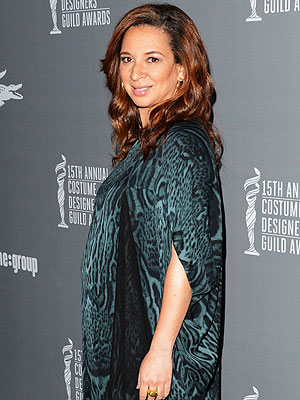Last Updated, Thursday, 3:48 p.m. The Syrian president, Bashar al-Assad, denied in an interview broadcast last week on German television that he was responsible for starting the bloody conflict tearing his country apart.
The interview, featured in a new documentary on the conflict in Syria by the filmmaker Hubert Seipel, was conducted in English but later overdubbed in German for broadcast on the network ARD. Mr. Seipel, whose previous film, “I, Putin,” was also a portrait of a strongman, provided The Lede with clips from the documentary in which Mr. Assad’s remarks can be heard in the original English.
The filmmaker said recently that he wanted to speak directly to Mr. Assad because “misinformation and psychological warfare make up a large part of the Syrian civil war.” He explained in an e-mail to The Lede that he was frustrated by watching Syria’s war unfold in YouTube clips selectively edited by the two sides. So, he said, “my intention was just to let Assad speak about his point of view, so that our viewers can make their own judgment in what kind of a separate world he lives.”
Below is a transcript of Mr. Assad’s remarks (in occasionally idiosyncratic English).
On Chemical Weapons: “Have you heard that any country used chemical weapon to fight terrorism? I haven’t heard about it. This is W.M.D weapon of mass destruction. How can I use it to fight groups, small groups of terrorists spreading everywhere, especially in the cities? You fight them in the suburbs. You just mentioned that you hear the shelling in the suburbs, you don’t hear it in the desert, or in far area from the cities. So this is not realistic and not logical. I think they use it as pretext maybe to have more pressure or to have an aggression against Syria.”
On Foreign Fighters: “You cannot talk about good situation while you have assassination and killings of innocent people by terrorists coming from abroad, and some of them are Syrian, to be frank and clear about the situation. But the most important thing is about do they have incubator in the society or not. This where it could be very bad or worse or where you don’t have no hope.”
‘We Didn’t Launch the War’: “We didn’t launch the war and we didn’t choose which kind of war because we didn’t choose it anyway. You have terrorists coming with very sophisticated armaments, nearly all kinds of armaments that they can carry with them and started killing people, destroying infrastructure, destroying public places, everything. How do you defend them? You defend them according to the aggressions that you have, according to the tactics that they use. So they use heavy weaponries. You have to retaliate in the same way.“
On Reforms: “Well the criteria that you used to talk about the speed of reform, nobody has criteria. When you drive your car you know that this is the law here, 100 kilometer, let’s say, per hour. Well about the reform, does anyone has criteria or certain meter? So it’s subjective.”
On Turkey’s Missile Defense: “This is part of the missile shield that they started a year ago in Turkey, but the Turkish didn’t want to say that this is a part of it because many Turks refuse that Turkey is part of this program. The second aspect of it that Erdogan has been trying hard to rally the Turks and to muster support to his policy against Syria, something that he failed. So he distributed the Patriot on our border just to give the impression that Turkey is in danger because Syria may think of attacking Turkey, which is not realistic.”
On Peace Talks: “We started right away discussing the conflict in Syria and I concentrated mainly on the violence. If you want to succeed (I mean I was talking to Kofi Annan at the time.) If you want to succeed, you have to focus on the violence part of your initiative. If you don’t stop the violence, if you don’t stop the terrorists coming to Syria through different countries, mainly Turkey and Qatar, if you don’t stop the money coming inside Syria in order to stoke the fire – the whole initiative will fail. So that was the core of our discussion in the first meeting.”
On His Future: “If it’s about me as president, the decision should be by the Syrian people. If the Syrian people doesn’t want you as president what would you do here? How can you succeed? It should be through national dialogue, and whatever this national dialogue decide, we are going to adopt as a government, of course including me.”
On the Houla Massacre: “The people who were killed in the massacres are state supporters loyal to the government, so how could a militia, loyal to the government, killing people, loyal to the government? This is contradiction, unrealistic. Actually militia of the terrorists coming to that city or to that village and committed the massacre, and they took the photos and put it on YouTube and on the TVs and they said this is the government, which was not realistic. Actually it was committed by the gangs, by the terrorists.”
The full film, with German narration, also includes interviews in English with Kofi Annan, the former United Nations envoy, and Sergey Lavrov, Russia’s foreign minister. After the documentary was broadcast, the Russian foreign ministry posted video and a transcript of Mr. Lavrov’s complete conversation with Mr. Seipel online.










